
Plants that effectively repel mice
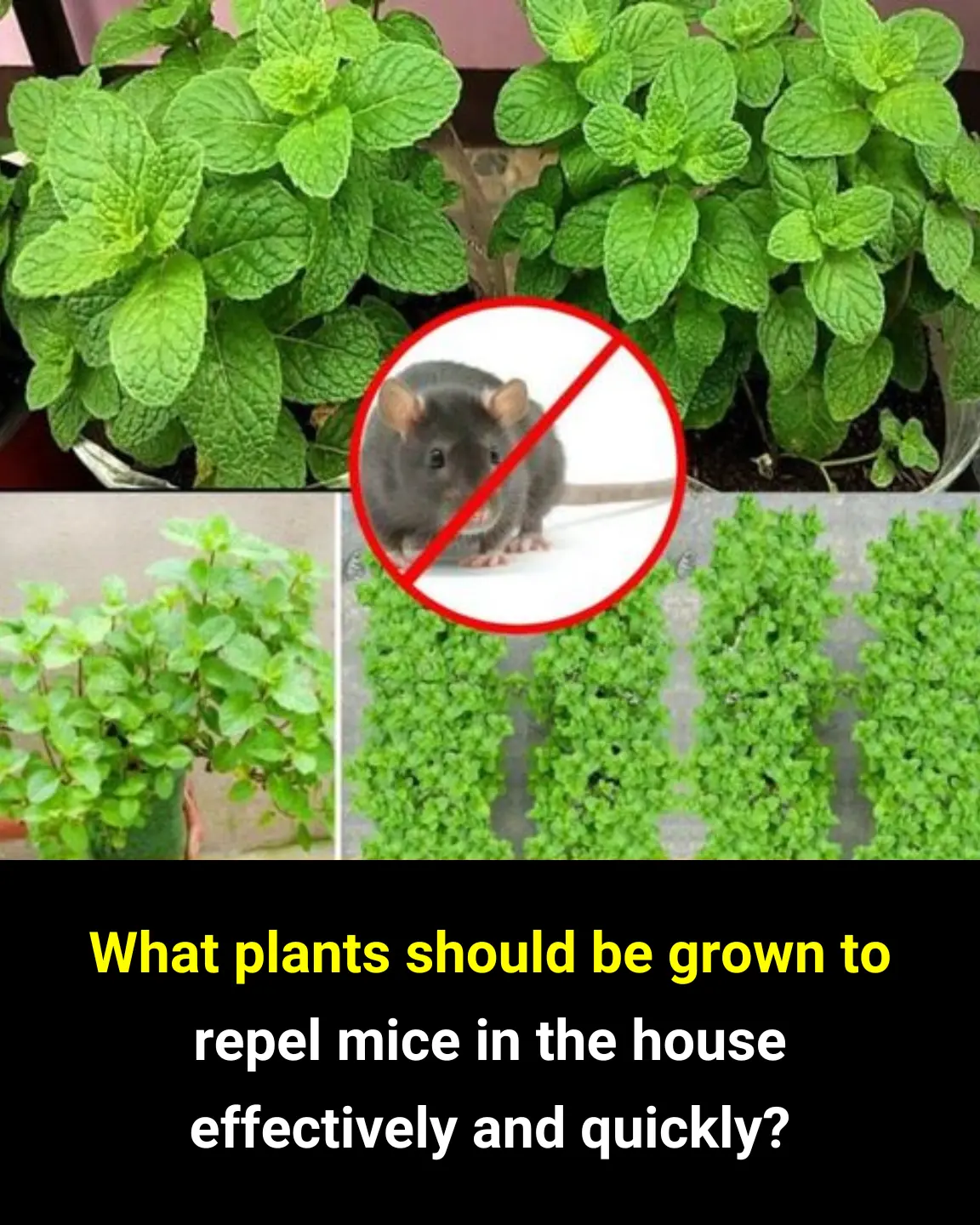
Some plants with strong scents can make mice, who have keen sense of smell, feel uncomfortable and keep them away. Planting these types of plants is an effective method not only to improve the surrounding environment of your home but also to prevent mice from invading your space.
Effective Plants to Repel Mice
Instead of using ha.rmful chemical methods to repel mice, planting natural plants is not only safe for health but also provides many other benefits for the environment around you. Here are some easy-to-grow plants that can help protect your home from mouse invasions.
1. Mint, Basil
Mint is famous for its ability to repel mice due to its strong, pungent scent. Mice are terrified of the mint essential oil and will quickly run away when they detect it. However, the mint scent brings a sense of relaxation and comfort to humans and helps neutralize unpleasant odors in the house. That’s why people often use mint to achieve “two benefits in one.” In addition to using essential oils, you can plant mint around your garden to repel mice. The more mint plants you grow, the stronger the scent, which will make the mice flee faster.
Additionally, basil, a plant from the same family as mint, also has a distinctive and pungent aroma that mice find unpleasant. You can plant basil along with mint, and the combination of their strong scents will make the mice in your garden run away even faster.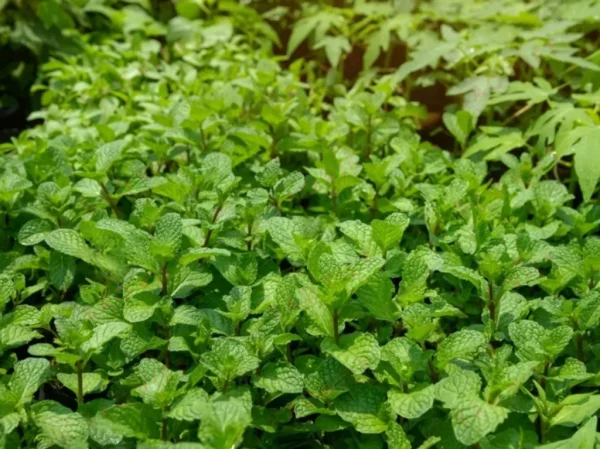
2. Onions, Garlic
If you're wondering which plant to grow to keep mice away from your house without spending too much time or money, onions are a great option. Few people know that onions, especially spring onions, can effectively repel mice. Onions contain sulfuric acid and essential oils that emit a very distinctive smell. This odor makes mice uncomfortable and unwilling to approach. You can plant onions and garlic around the garden or in pots to create a natural protective barrier for your home.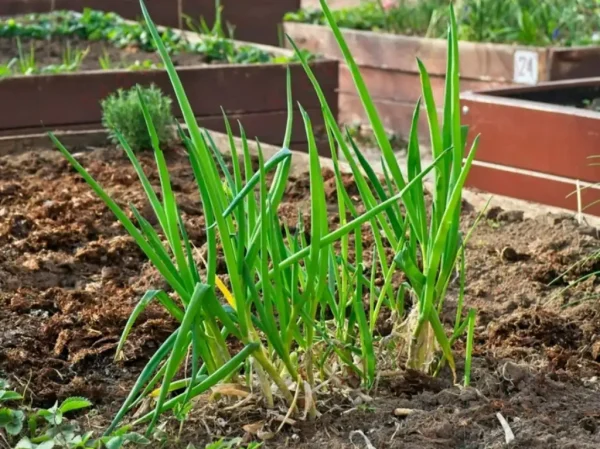
3. Lemongrass
If you’re curious about what smell mice dislike, the answer is lemongrass. Lemongrass is not only a culinary ingredient but also one of the most effective plants to repel mice. Its scent repels not only mice but also mosquitoes and other insects. Lemongrass is easy to grow as it doesn’t require specific soil conditions. If you have a large garden, plant it directly in the ground for better growth. Alternatively, you can grow it in containers by following these steps:
-
Cut the top leaves of the lemongrass, leaving about 6-8 inches (15-20 cm) of the root.
-
Peel off 2-3 layers of the outer leaves to expose the roots to water, which helps them grow faster. Soak the root in water for about 5 days. Once roots begin to grow, plant it in the ground or in a container.
-
Make sure to drill drainage holes to prevent the lemongrass from rotting.
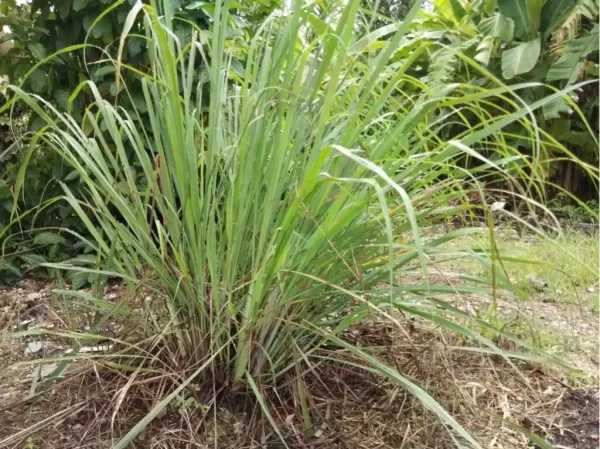
4. Rosemary
Rosemary is not only a popular herb in cooking but also an effective plant to repel mice. Its strong and distinctive aroma makes mice uncomfortable and causes them to avoid the area. In addition to this, rosemary has several other benefits, such as neutralizing odors in the air and boosting human health. Planting rosemary in your garden, on your balcony, or in small pots indoors can help keep mice at bay while also providing fresh herbs for your meals and adding beauty to your home.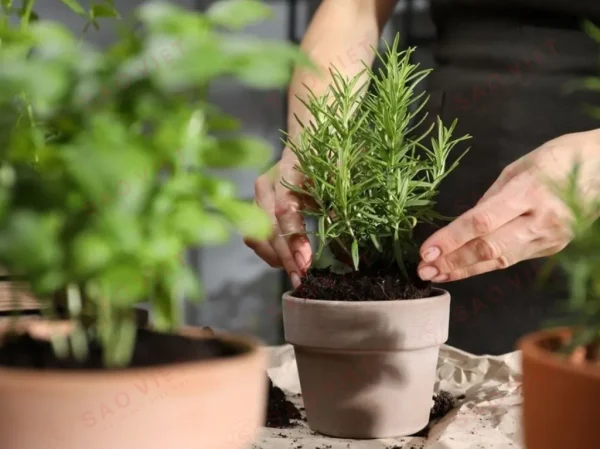
5. Chrysanthemums, Marigolds
In addition to herbs, flowers can also be used to repel mice and other harmful insects. Chrysanthemums are one of the plants commonly used to repel rodents. The strong scent of chrysanthemums is unpleasant to mice. Furthermore, chrysanthemums contain pyrethrins, which can disrupt the nervous system of these pests. The strong smell combined with the pyrethrins in marigolds helps prevent mice from entering areas where these flowers are planted. Additionally, marigolds attract beneficial insects such as butterflies and bees, helping to create a balanced ecosystem in the garden.
6. Daffodils
When it comes to repelling mice, daffodils are a great choice. Not only are they loved for their bright beauty, but daffodils are also known for their ability to keep mice away. The distinctive fragrance of daffodils contains natural compounds that mice dislike, causing them to avoid areas where these flowers are present. Planting daffodils around your house or garden not only adds beauty but also provides natural protection from mice. With their brilliant blooms in the spring, daffodils are not only decorative but also an effective solution to prevent mice from entering your space.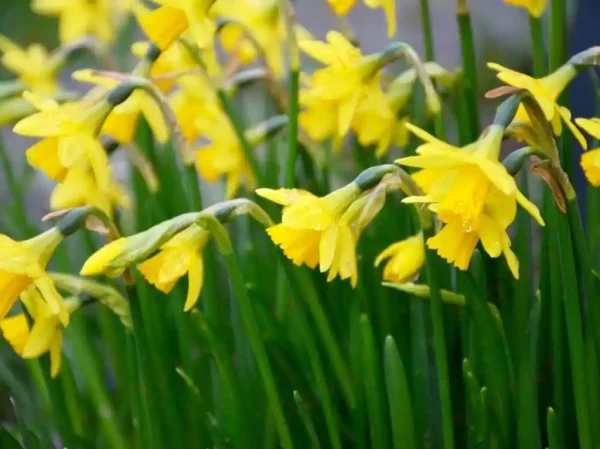
7. Eucalyptus
What plant do mice fear the most? The answer is eucalyptus. While humans typically enjoy the pleasant fragrance of eucalyptus, rodents like mice find it very unpleasant. Mice have a much sharper sense of smell than humans, and while people may find the eucalyptus scent refreshing, mice are repelled by it. You can plant eucalyptus in your garden or buy potted eucalyptus plants to place indoors. This will not only freshen the air and decorate your home but also keep mice away.
However, if you have pets like dogs or cats, be cautious with eucalyptus, as it can be to.xic to animals.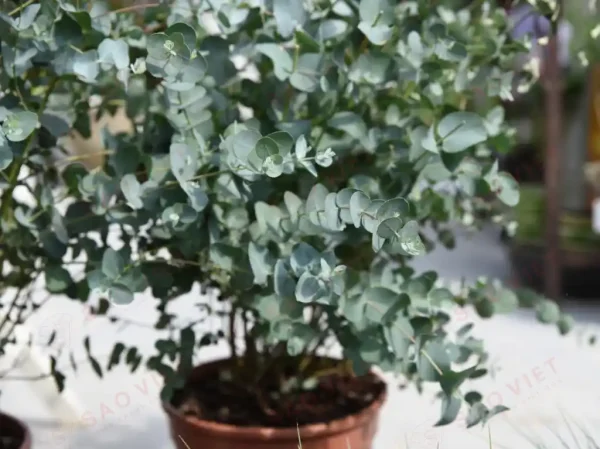
8. Lily of the Valley
Lily of the Valley is not only known for its elegant beauty but also for its sweet fragrance that causes mice to avoid it. The strong and distinctive scent of Lily of the Valley is reportedly unbearable for mice, making them feel unsafe around it. Planting Lily of the Valley around your home is not only a way to create a beautiful living space but also an effective natural method to prevent mice from entering. These flowers bloom in the summer, brightening your garden while also serving as a natural deterrent against mice.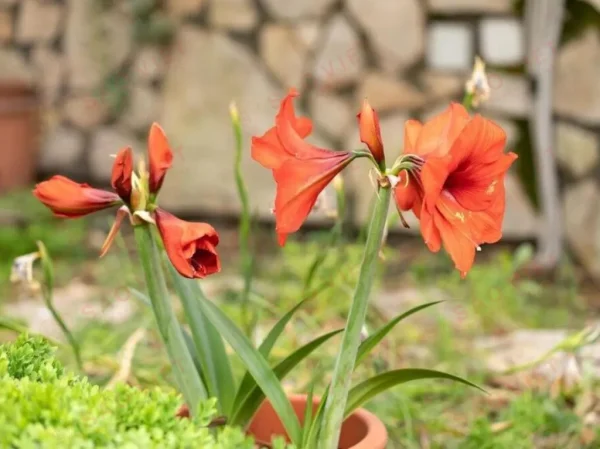
9. Lavender
Mice hate the scent of lavender. While lavender helps people relax, reduce stress, and improve sleep, mice do not feel comfortable with this scent. Therefore, people often use lavender essential oil or wax to repel mice. However, you can still grow this plant right in your garden, both increasing the aesthetics and repelling mice from coming near. Planting lavender around the house will create a natural protective layer, helping to prevent the invasion of mice and other harmful insects.
How to Repel Mice from Your Vegetable Garden
For those who grow vegetables in their garden or on their terrace, dealing with mice invading the garden and destroying crops can be a nightmare. Mice are fast-growing rodents that search for food everywhere, so fresh produce like vegetables is very attractive to them. When mice invade a vegetable garden, they often gnaw at the plants down to the roots, making it difficult for these plants to regenerate. Additionally, mouse bites on the plants can leave dangerous diseases for both the plants and the people consuming them. Therefore, you need to take action to repel mice as soon as they appear in your garden.
You can repel mice from your vegetable garden by planting aromatic plants around it. Plants like mint, basil, onions, lemongrass, rosemary, and eucalyptus are effective at keeping mice away. In addition to planting these plants, you can also try some of the following methods to keep your vegetable garden safe:
-
Fencing Your Garden with Netting: Fencing your garden with netting not only repels mice but also protects plants from pests and insects. You can use fine-mesh netting to prevent mice from entering while allowing light and air to circulate. After determining the area of your garden, surround it with netting and secure it with posts or heavy rocks to keep the wind from blowing it over. Regularly check the netting to fix any holes that mice may have chewed through.
-
Growing Vegetables in Greenhouses or Tunnels: Growing vegetables in a greenhouse or tunnel provides maximum protection from mice attacks. Greenhouses also allow you to control the environment, including temperature and humidity, creating ideal conditions for plant growth. Although this method can be expensive, it will completely prevent mice from damaging your vegetable garden.
News in the same category

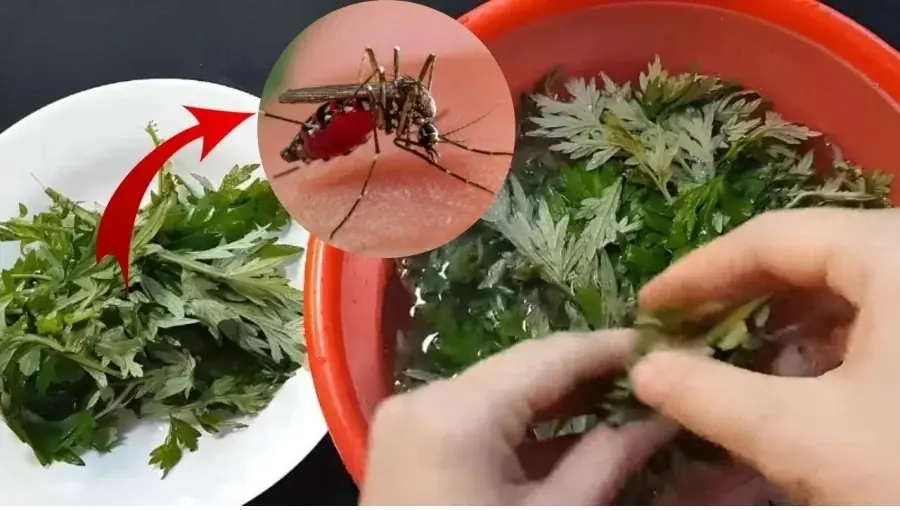
No Need for Sprays or Mosquito Nets: Just Place This Herb in Your Room and Mosquitoes Will Flee

Hotel Check-In: Say These 3 Sentences to the Front Desk for Instant Perks!

Tips for cleaning yellow pillow cores with tiny mold spots

7 Natural Tips to Improve Teeth Whiteness at Home
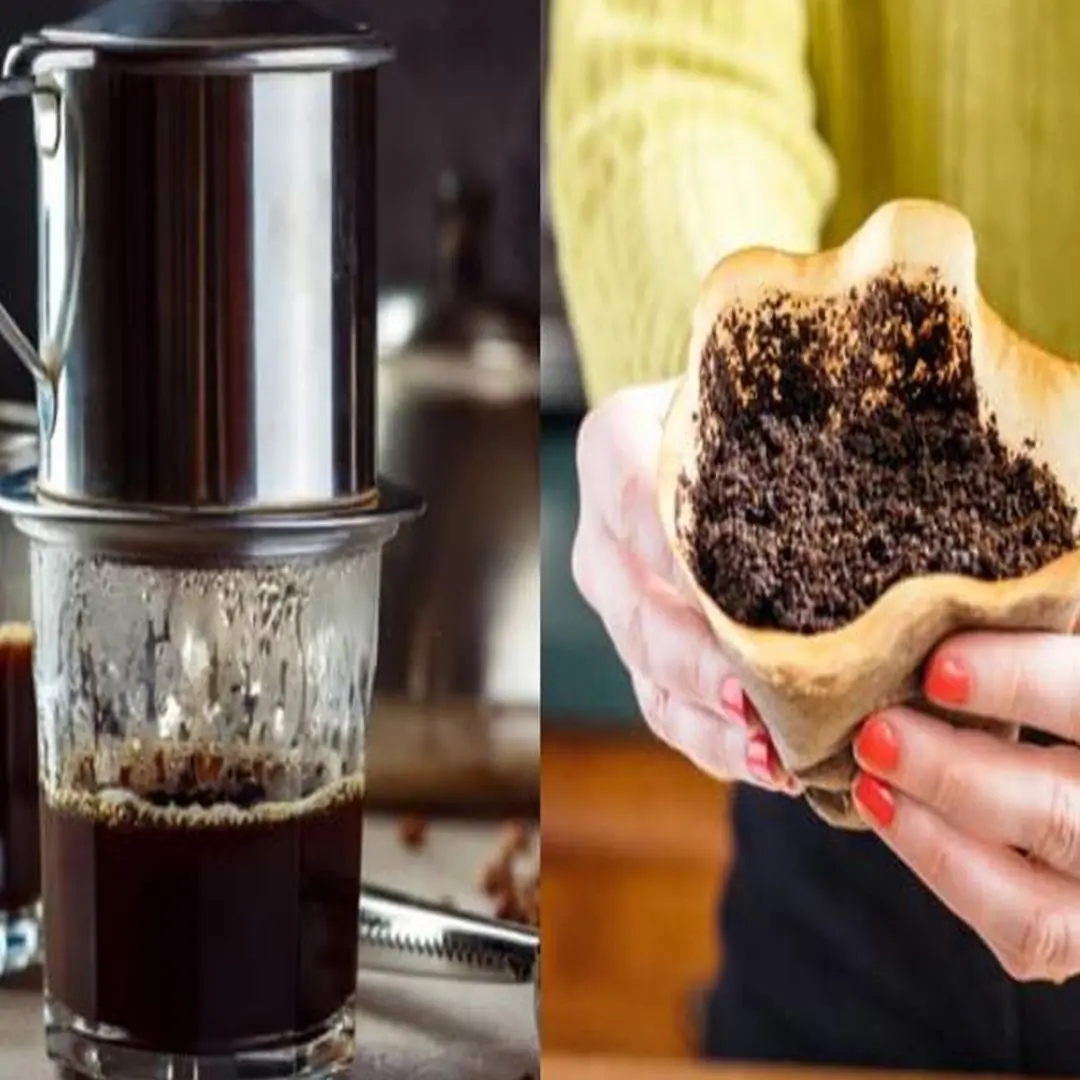
Throwing away coffee grounds is like throwing away money. Uses of coffee grounds that every home needs
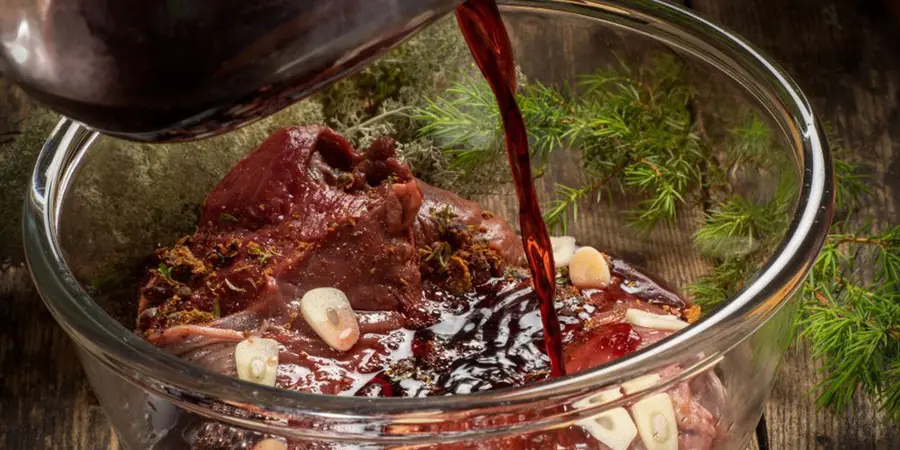
Thought You Had to Simmer Pork for Hours to Make It Tender?

6 factors that silently increase the risk of myocardial infarction

How to handle when the refrigerator is leaking water

Tips to fix washing machine making loud noise when spinning
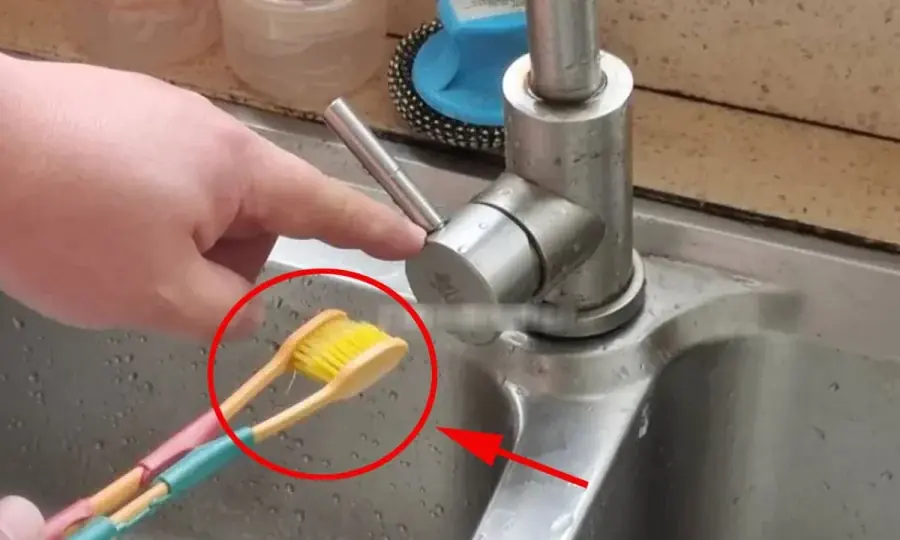
Tips to solve all household problems with 2 old toothbrushes

Tips to clean burnt pan in 3 minutes

Check your eyes now! If you have one of these 4 characteristics, you may have diabetes.

How to Identify Safe, Clean Pork in Just 1 Minute – Anyone Can Do It

Why should you put a lemon at the head of your bed?

Tips to prevent clothes from tangling and wrinkling in the washing machine

Masks to Eliminate Wrinkles Between the Eyebrows

The safest and most timely way to give first aid to someone with electric sh.o.ck

Architect Reveals: No Matter How Tall the Building, This Floor Is Still the “Golden Level” for Comfortable Living
News Post
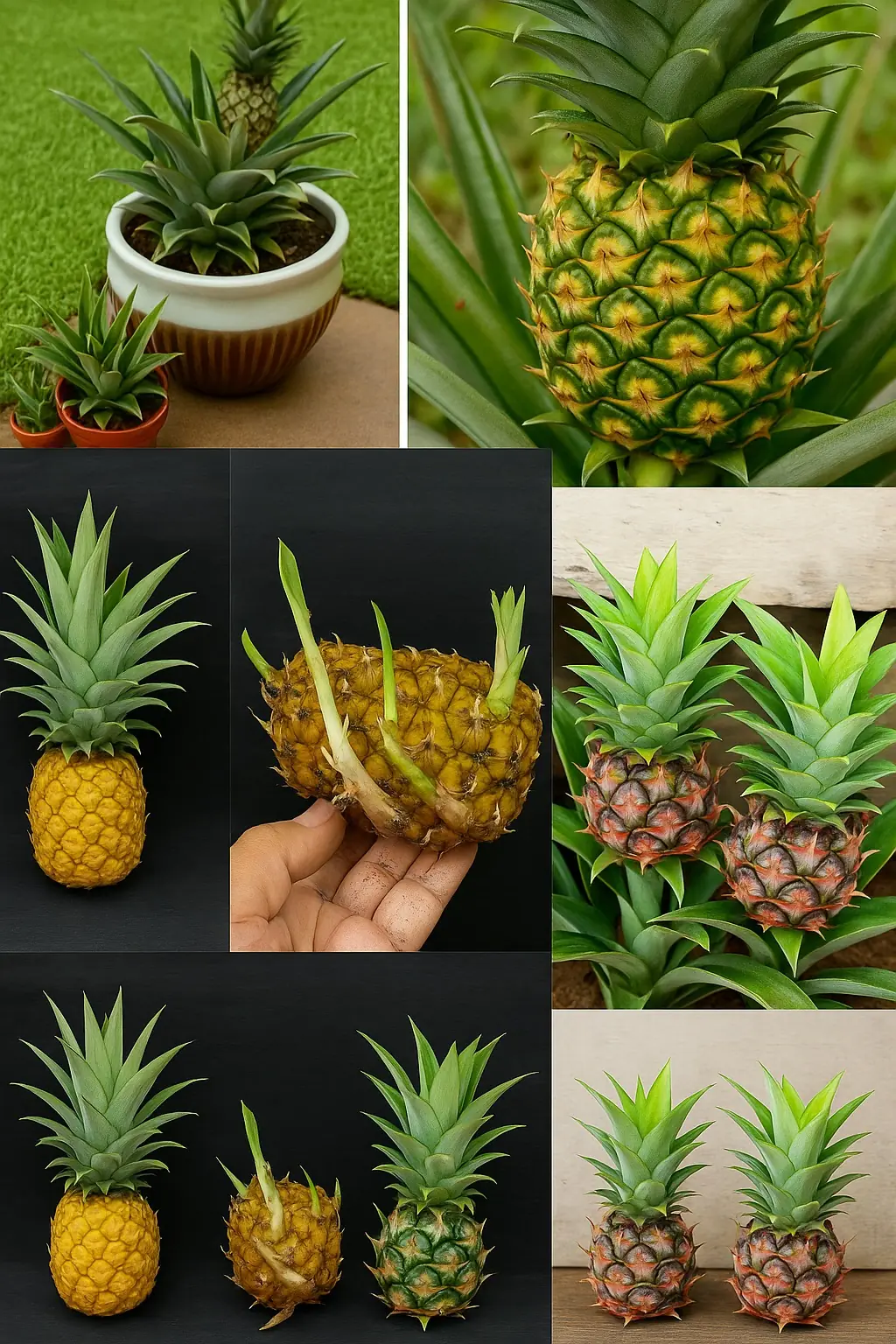
How to Grow a Pineapple at Home: Simple and Fast

For the Sake of Your Family’s Health, I Strongly Urge You to Get Rid of These 10 Items

Drinking Coffee at These Two Times Is Like “Poiso.ning Your Body”

No Need for Sprays or Mosquito Nets: Just Place This Herb in Your Room and Mosquitoes Will Flee

Hotel Check-In: Say These 3 Sentences to the Front Desk for Instant Perks!

How To Grow Coconut Tree From Coconut Fruit
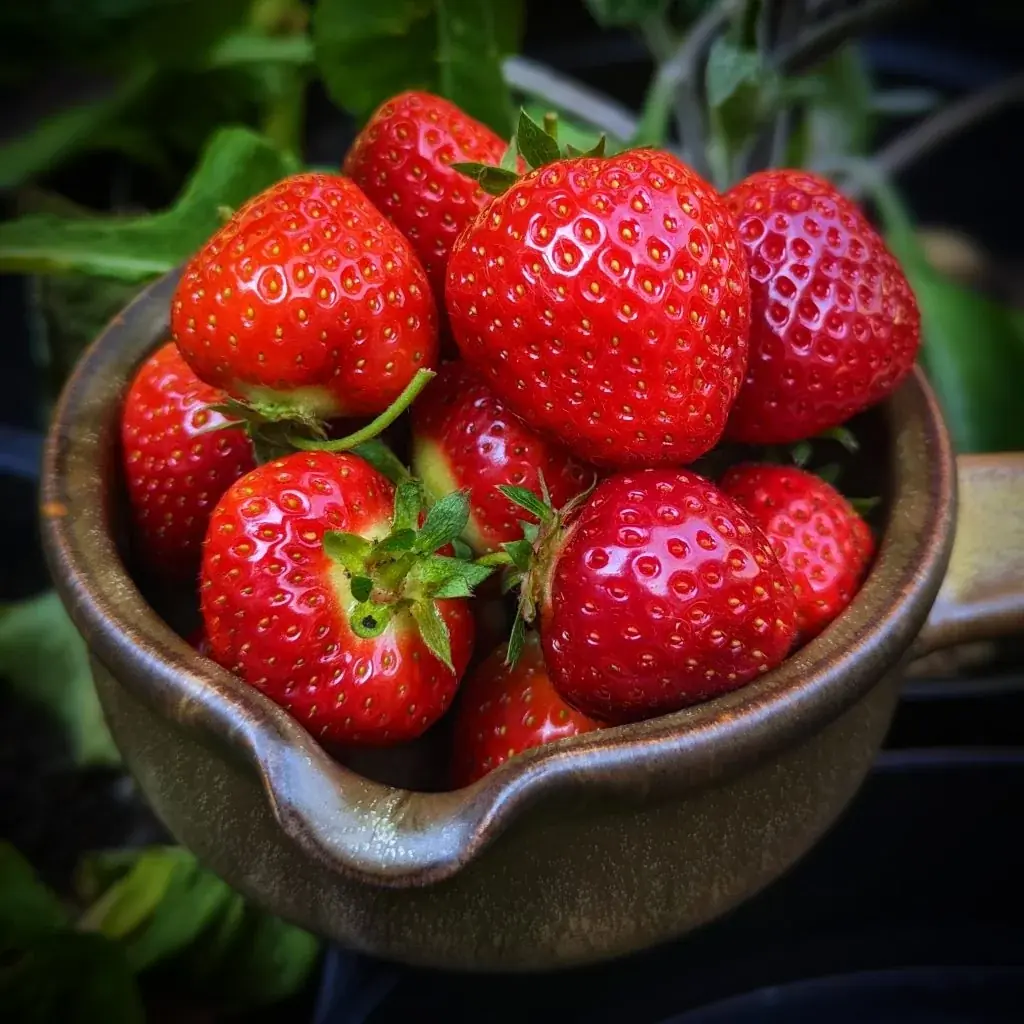
How To Grow Strawberries From Seed
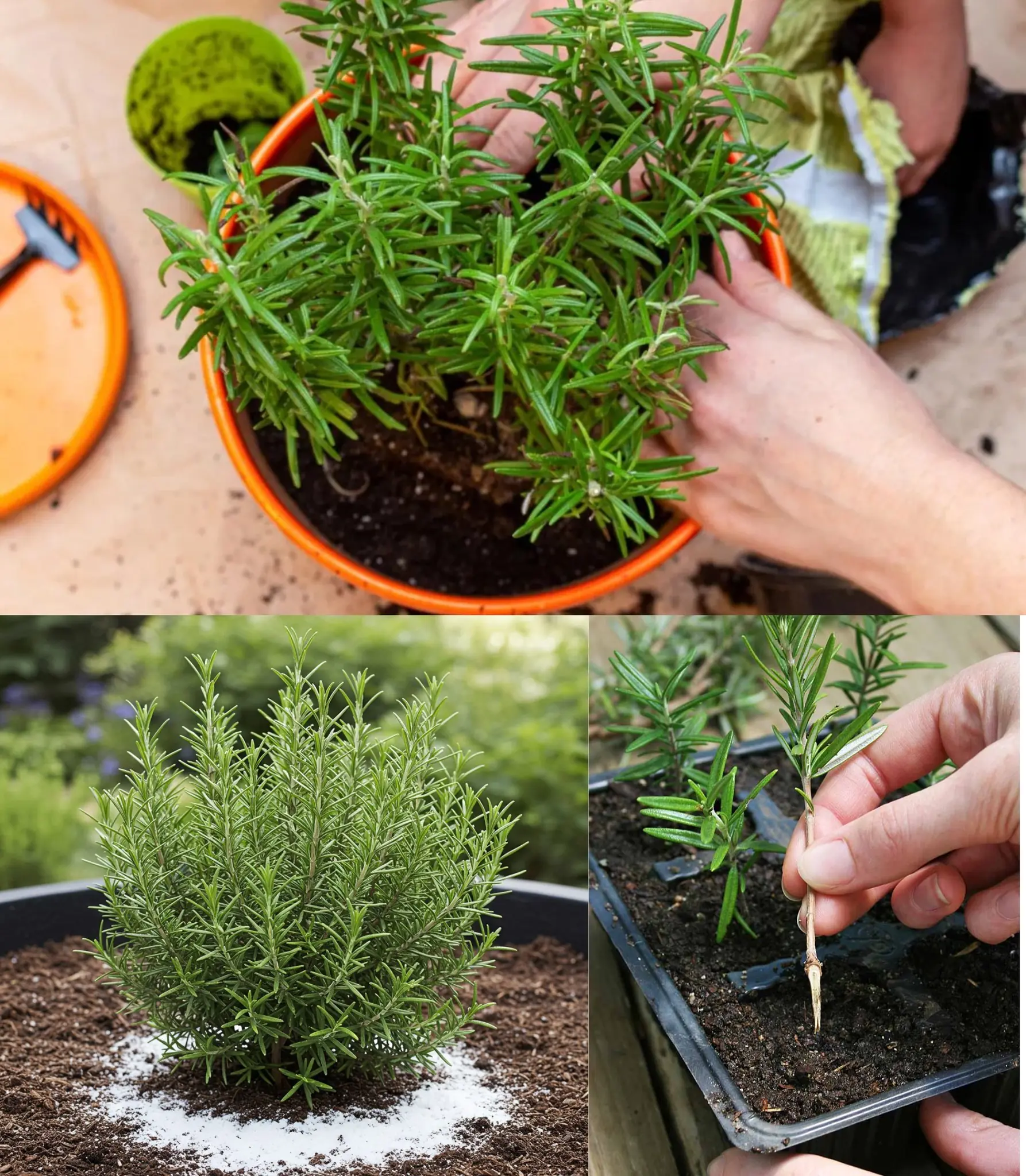
Rosemary Never Dries Again – Here’s the Gardener’s Trick!

8 symptoms of kidney fai.lure you should never ignore
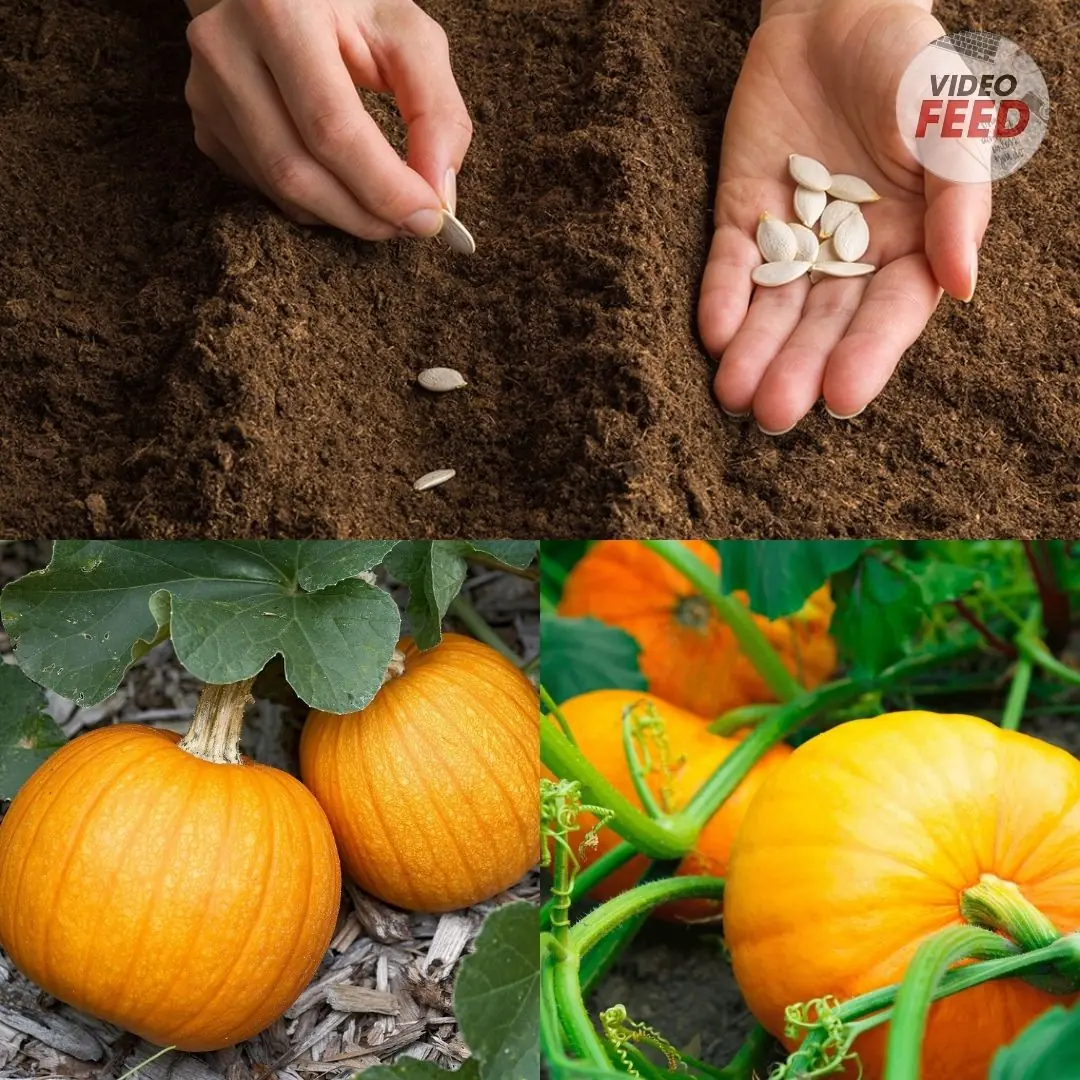
How to Grow Pumpkins in Your Home Garden
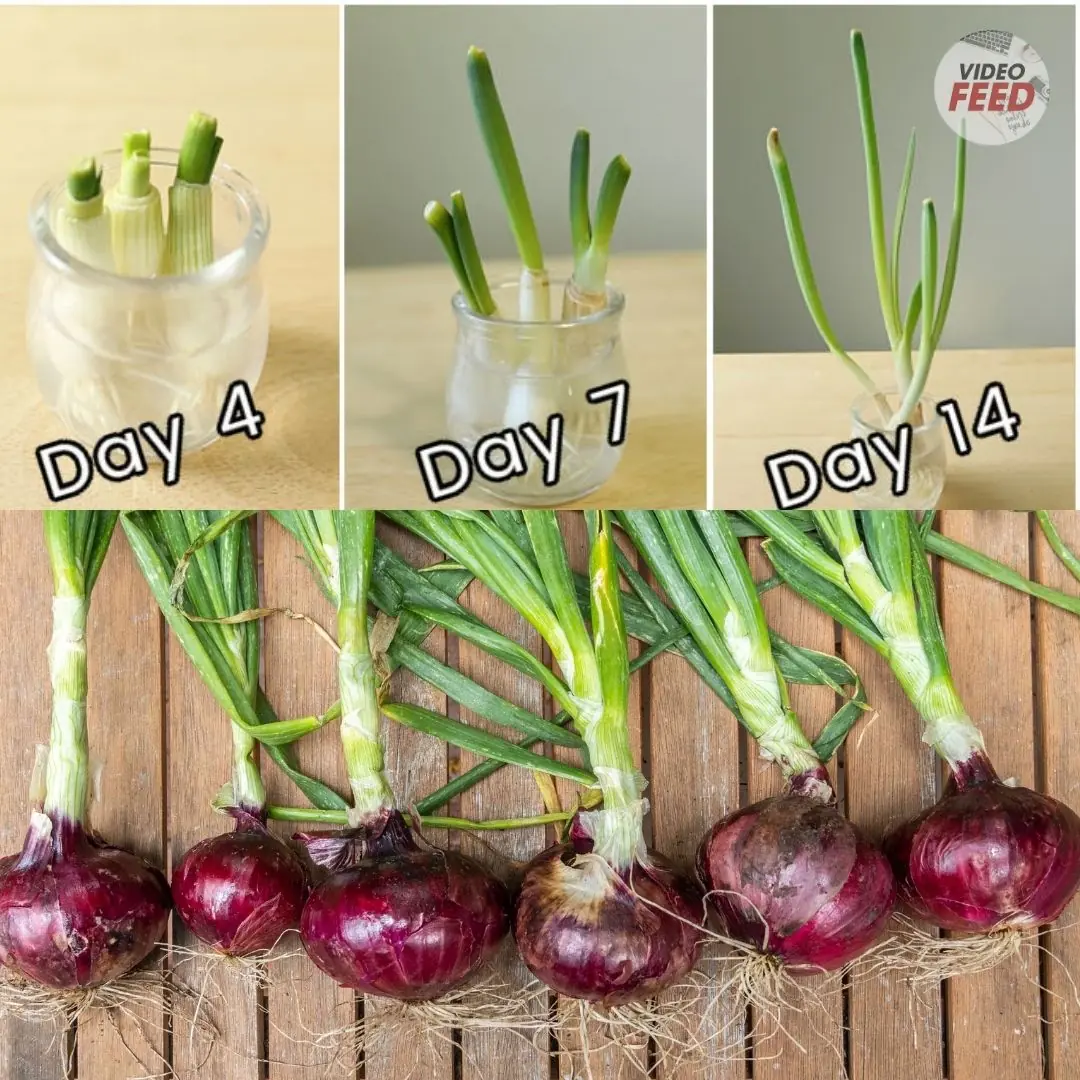
How to Grow and Care for Red Onions in the Garden
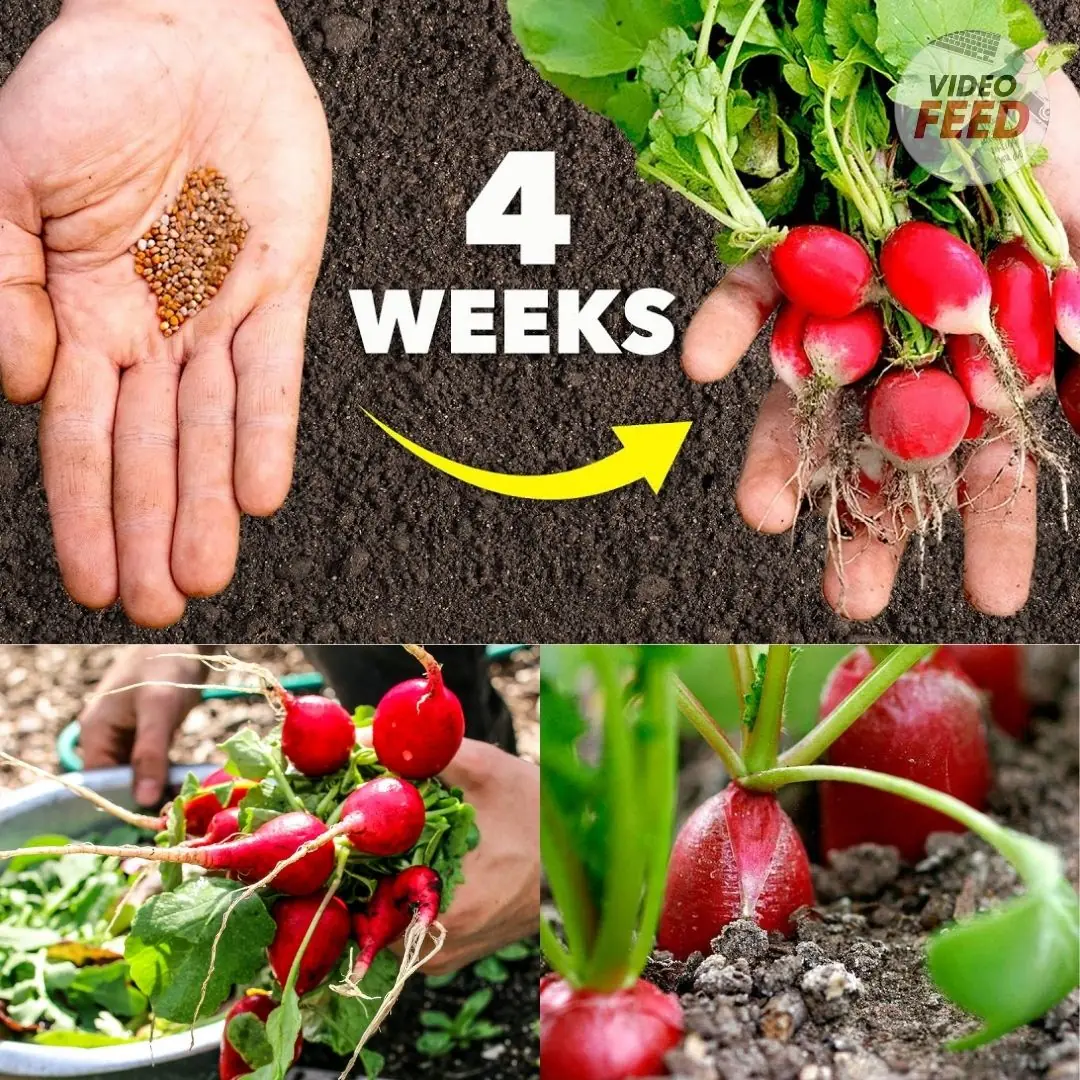
6 Easy Steps to Plant Radish Seeds in an Organic Kitchen Garden

3 things that don’t go well with eggs
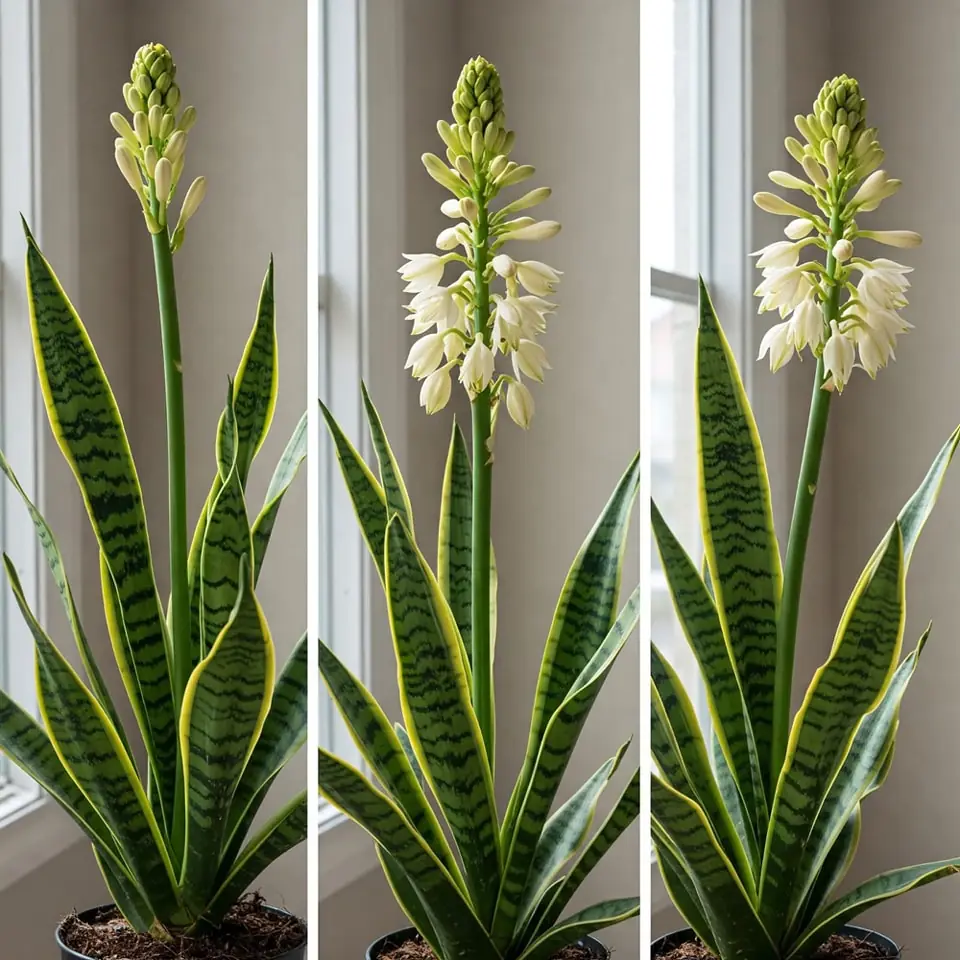
Snake Plants and Their Rare Blooming Phenomenon: A Guide to Encouraging Flowers
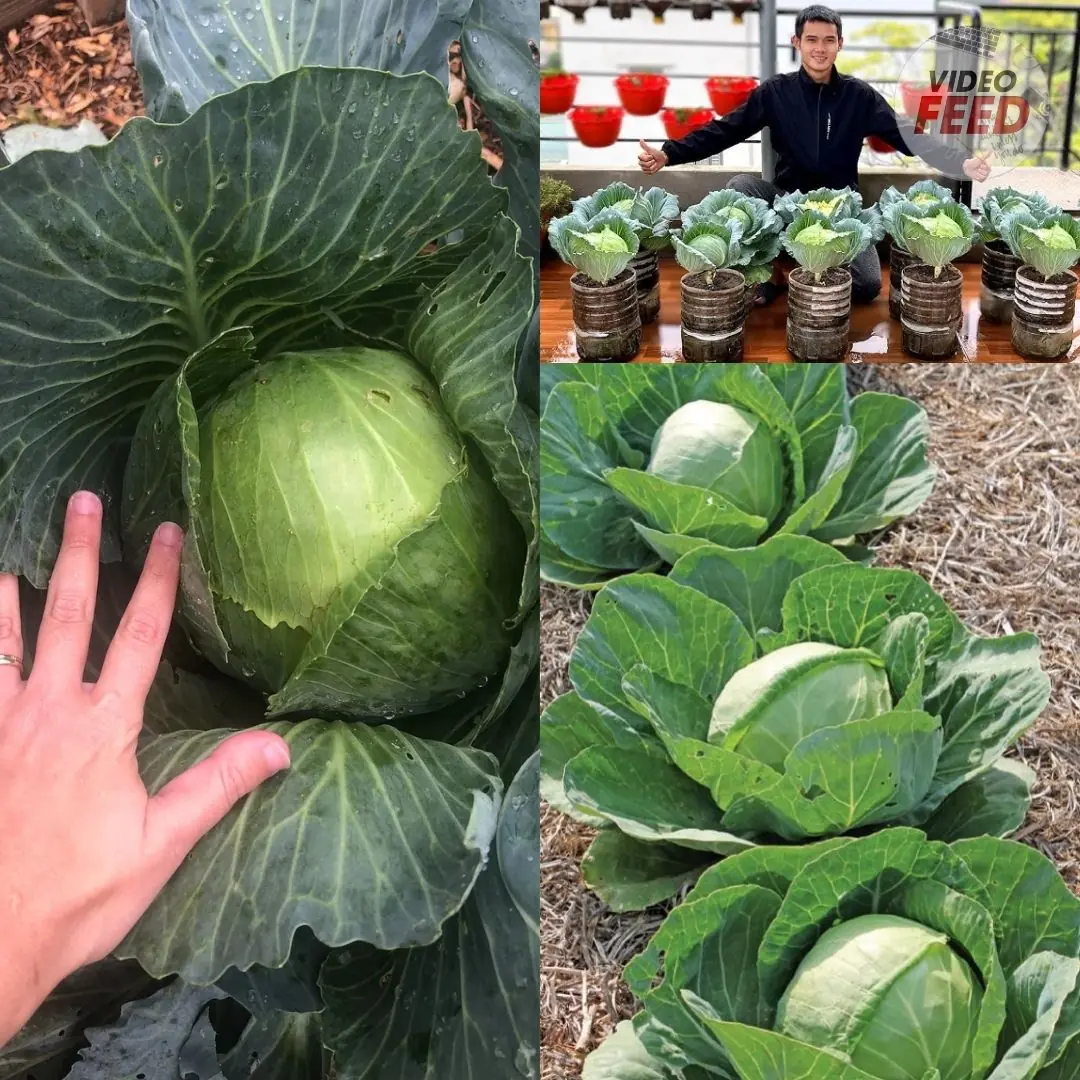
How to Grow Cabbage: 10 Tips for a Successful Harvest

Tips for cleaning yellow pillow cores with tiny mold spots

4 Signs You Might Have Sleep Apnea

7 Natural Tips to Improve Teeth Whiteness at Home

5 foods you should never keep overnight
